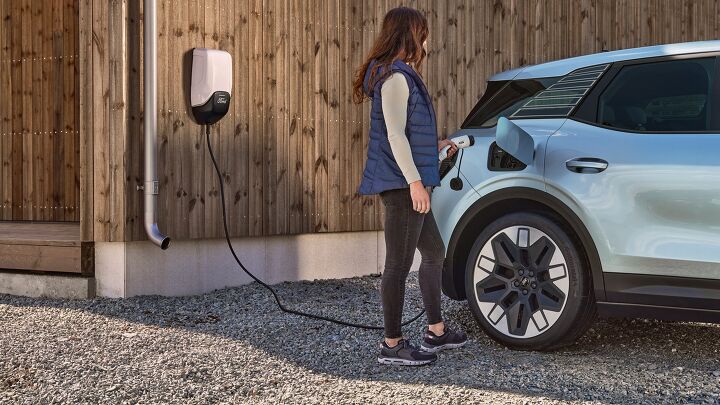
American automakers have grappled with the rollercoaster ups and downs of EV demand domestically, but it appears they’re having an equally difficult time convincing Europeans. Ford recently backed off its goal to convert 100 percent of its sales to electrics on the Old Continent, noting that it would follow buyer demand and produce more hybrids or PHEVs.
That’s a significant shift from its stated 2030 deadline to go all-electric, which was more aggressive than the EU’s plan to convert all sales by 2035. Like buyers in the States, European car shoppers have cooled on EVs, complicating Ford’s efforts, though it hasn’t given up completely, saying it still plans to reach the 100 percent EV mark at some point.
Ford has invested billions in EV production facilities, where it will partner with VW to produce MEB-based vehicles, the first of which is the Explorer EV we saw a short while ago. The Puma Gen-E will also land later this year, and Ford has been selling electric Transit vans in Turkey.
The move to EVs has been interesting to watch, both as someone covering the subject professionally and as an obsessed car buyer. People will only pay for what they want, and so far, EV mandates have done little to convince buyers that they’re the only and best path forward. The top-down push to electrification is even more puzzling here, as the U.S. has a notoriously sparse charging network, and EVs remain too expensive for a large portion of buyers.
[Image: Ford Europe]
Become a TTAC insider. Get the latest news, features, TTAC takes, and everything else that gets to the truth about cars first by subscribing to our newsletter.

